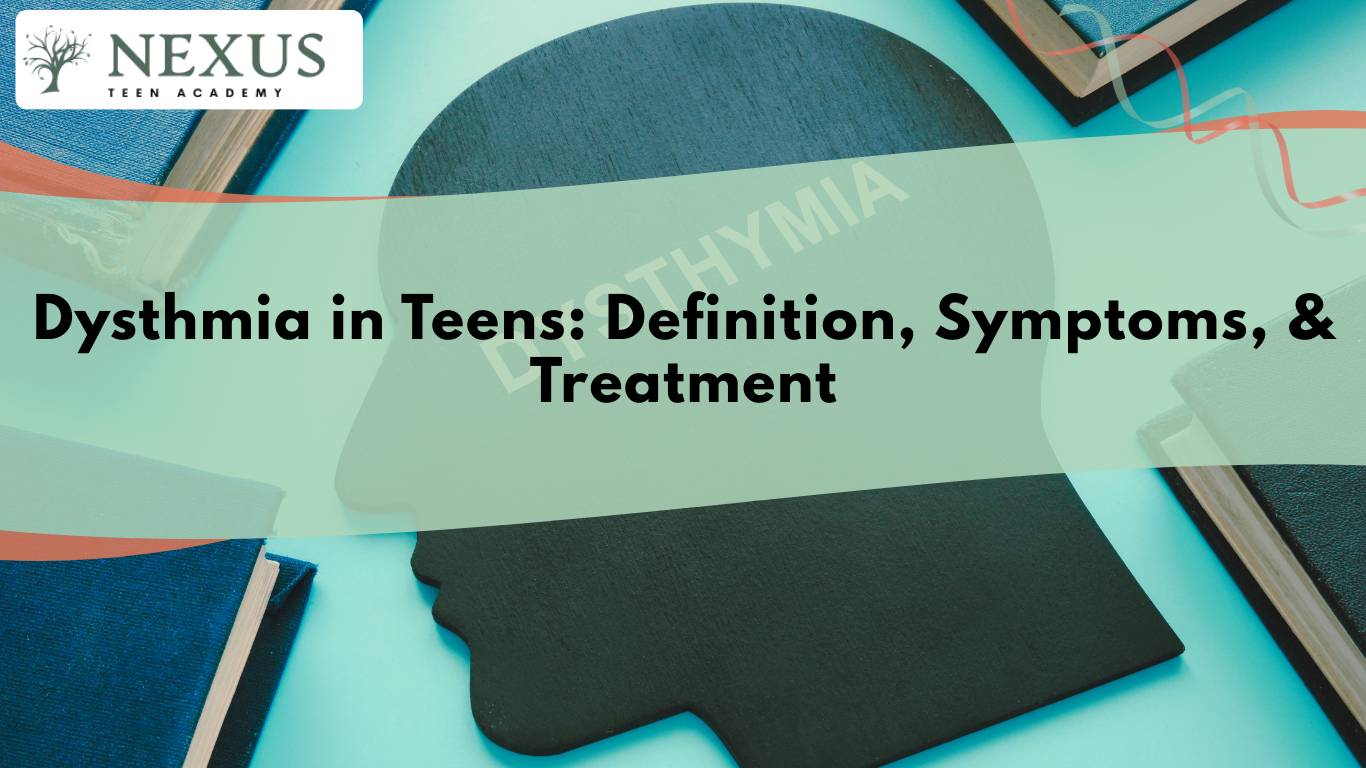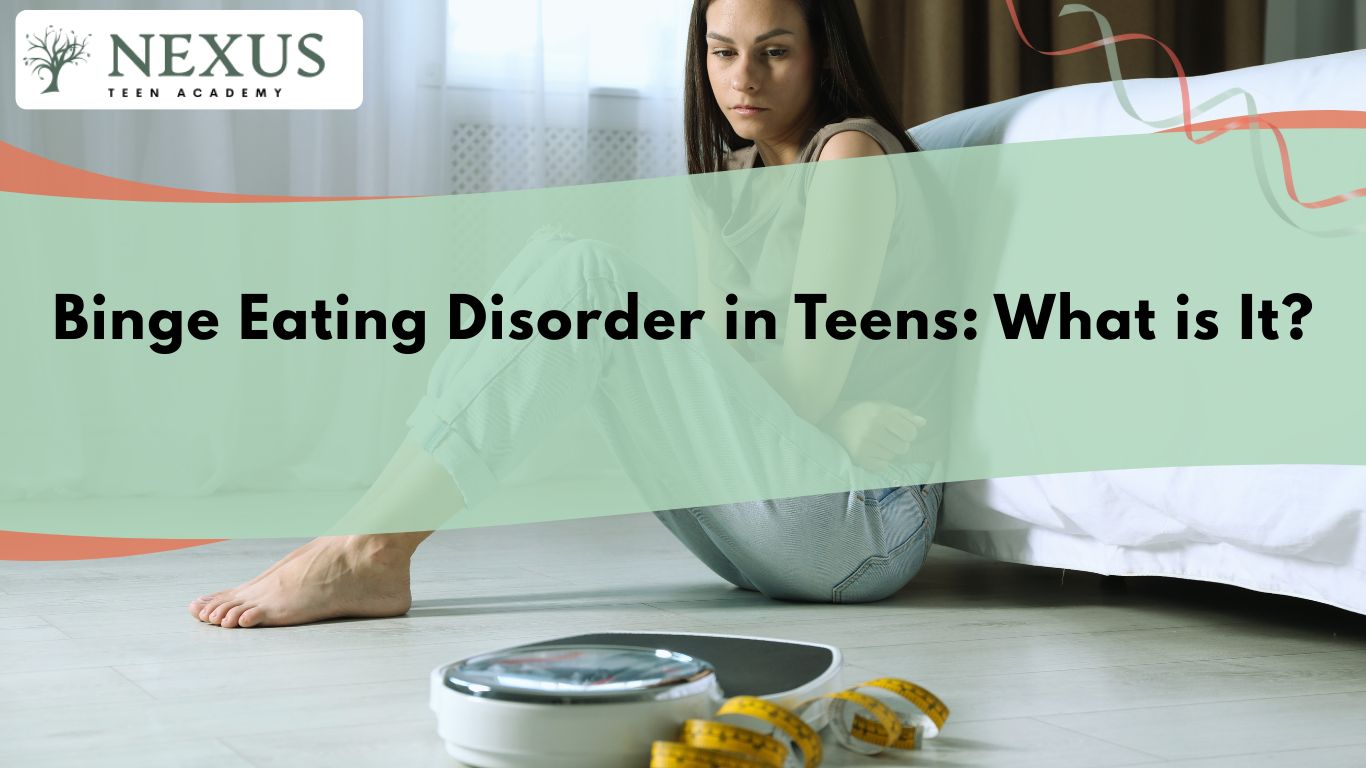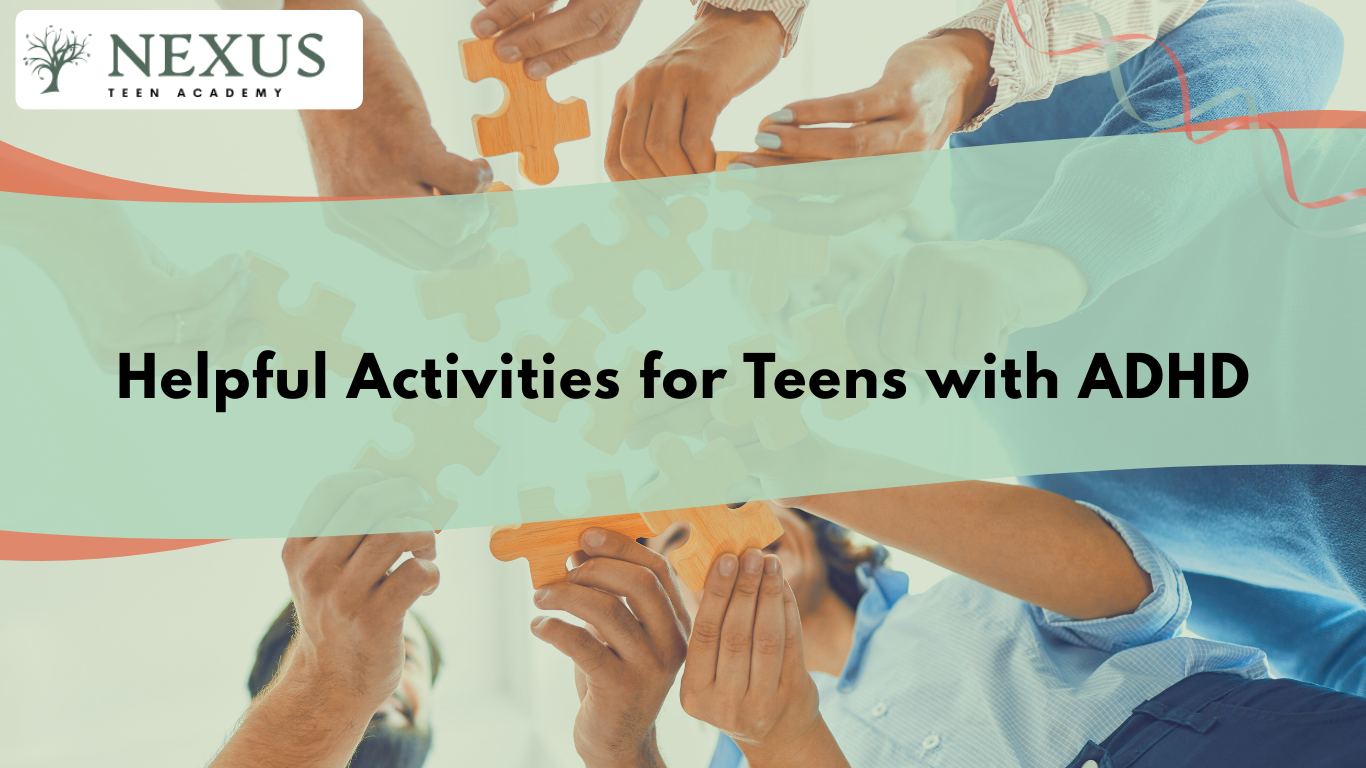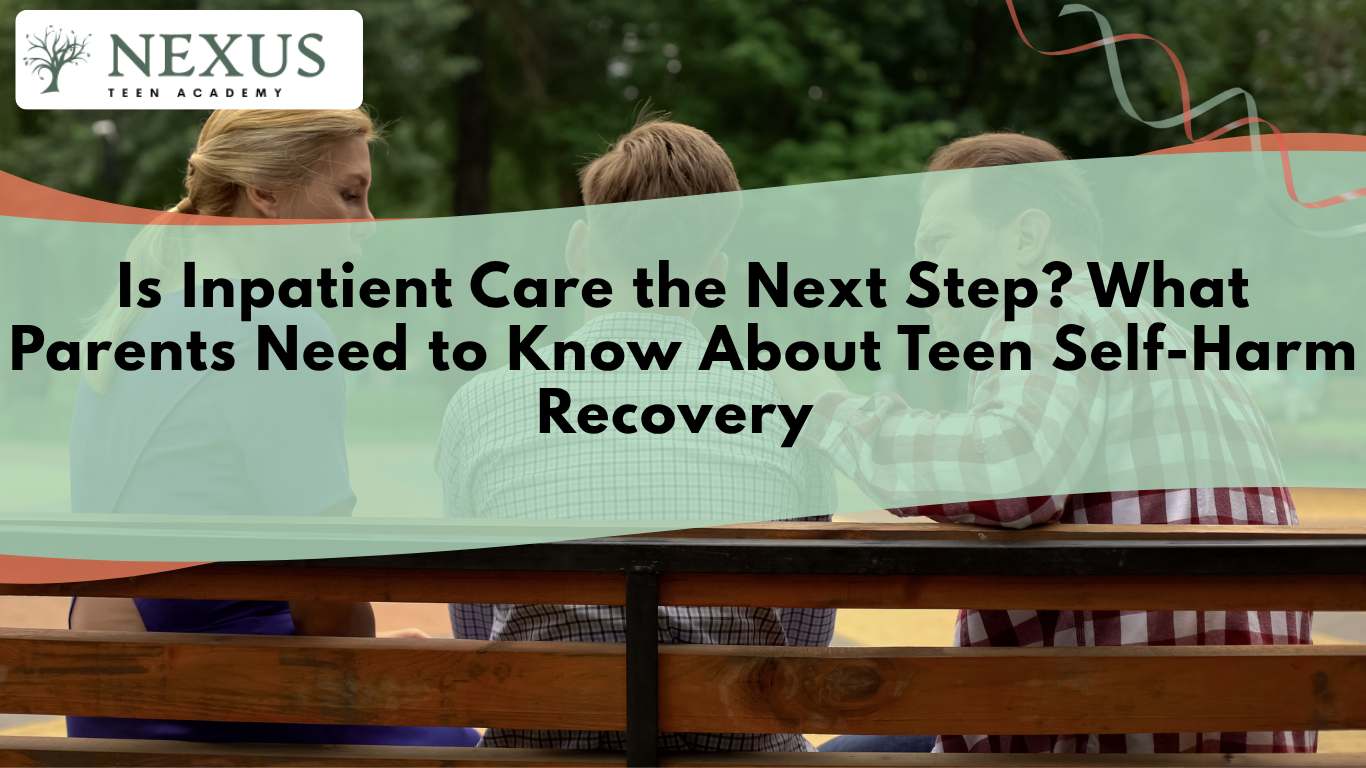Dysthymia in teens is relatively common but easily goes unnoticed. It is officially recognized as Persistent Depressive Disorder, given its consistent, long-lasting symptoms. Teenagers with dysthymia usually showcase depressive symptoms, such as low self-worth, insomnia, and feelings of hopelessness. Fortunately, this condition can be treated. At Nexus Teen Academy, our goal is to help as many …
More-
Binge Eating Disorder in Teens: What Is It?
Teen binge eating disorder (BED) is one of the many mental health conditions teenagers face. It is marked by recurring episodes of compulsively eating vast amounts of food within a short duration. Every episode is accompanied by emotional distress, a sense of loss of control, and overwhelming feelings of guilt or shame. Binge eating disorder …
More -
Teens and Self-Image: How Self-Image Can Impact Self-Worth
How your teenager views themselves, and overall teen self-image, may dictate or affect different aspects of their lives, including their self-worth. While self-image and self-worth differ, they are closely related. A constantly distorted self-image can make teenagers believe they are undeserving of respect, success, and love, leading to low self-worth. On the other hand, a …
More -
Helpful Activities for Teens with ADHD
Adolescence, coupled with the demanding nature of attention-deficit/ hyperactivity disorder (ADHD), can easily overwhelm teens. The disorder complicates everyday tasks by impairing cognitive functions like organization, focus, and emotional regulation. Thankfully, helpful activities such as sports, journaling, visual scheduling, and mindfulness can improve concentration, build self-esteem, and offer positive energy outlets for teens with ADHD. However, …
More -
Is Inpatient Care Needed for Teen Self-Harm? What Parents Need to Know About Teen Self-Harm Recovery
According to the Centers for Disease Control and Prevention (CDC), nearly 18 percent of U.S. high school students have engaged in self-harming behavior without suicidal intent. These acts are not attention-seeking. They are often silent, secret, and done in response to overwhelming emotional pain. When parents discover their teen is self-harming, it brings shock, fear, confusion, and …
More





